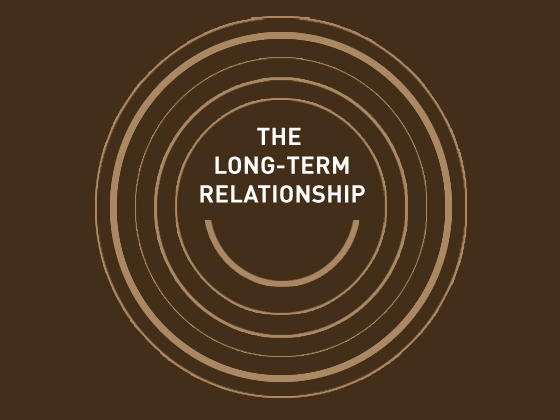
This morning, I started reading a blog post by Joshua Porter called The Agency Problem, in which he asks why web projects continue to be done through agencies in one-off fashion. Here’s a quote that explains his point of view on this:
For many people in the web design industry, design projects have a specific start and end date. The end date specifies when the design (the mockups, code, or custom CMS) will be delivered. After the end date, the engagement is over and both parties move on. This way of working grew out of the print industry and as creative folks migrated over to doing more business on the Web they’ve brought this methodology with them. And it makes sense for print…once the print version is printed there isn’t much left to do except work on something else.
Increasingly, though, social software is showing just how detrimental this sort of engagement is for web design. I dub this the Agency Problem. The agency problem is the problem of doing one-off work in a world in which software is becoming a service that needs constant attention. And that constant attention isn’t just the attention of community managers: it’s the attention of designers as well, who need to constantly refine and rework small changes in the interface based on the emergent behavior of the people using it.
As I read this, I shouted in my mind, “Aha! That’s why it’s all about the long-term relationship!” A typical web project for us at Newfangled can take anywhere from 6-9 months, from initial consulting, through prototyping, design, build, design application, quality control, content entry and going live. It’s a long, involved process during which we build a very close relationship with our clients. Why would we ever walk away from one another after go-live? We, as the web partner, are best positioned to know exactly how to assist in the continued use and growth of the client’s website, not to mention their web marketing and content strategies *as they evolve* (not just backing up the initial “big idea”). Our Total Managed Support model was created specifically for this- because the tools we build are only as valuable as the expertise and relationship upon which they are built- what it means is that the Project Management teams that work with our clients during the initial project provide regular, proactive service to our clients moving forward, making strategic suggestions, assisting in data analysis, planning the functional growth of the application, etc.
Finding this post was timely, as I had just been thinking of these issues after reading Mitch Joel’s post suggesting that maybe it is time for marketing to move away from “the big idea”. Here’s my full comment on his post, which gets at the core ideas behind our long-term relationship approach, but I have to admit that I’m surprised that such an approach would be so rare among web development firms:
Mitch,
You’ve got a great point, and evidently the courage to bring it up. I recently saw a blog post (can’t exactly remember where or who wrote it, but that further emphasizes the point) that remarked that the experience of blogging was essentially routinely throwing out many ideas and seeing the minority of them catch on, though not being able to really predict which ideas are not DOA. Whether it be the pace by which we receive and consume information, or the equalizing effect of communication tools, there is just more out there, making the “big idea” a whole lot smaller simply virtue of being among such a vast array of other ideas. All that effect-of-web-culture stuff aside, I think there are a couple of other points that back up your suggestion that perhaps the big idea mentality in marketing is passe.
The first is that it’s ultimately contrary to what brands are after- loyalty. From the consumer perspective, what is the big idea behind Coke? It’s not the tagline du jour, the packaging, the commercials, the holiday Santa stuff, or any other promotion. It’s the soda, which many people have been drinking their entire lives. Sure, Coke has that luxury, but the point is that the big idea for consumers is always going to be the product or service. Their attention has to be earned by having a good product or service, not just a witty advertisement.
The second is the value of a long-term relationship. You noted that often agencies come on board for one pitch, and the potential execution of that campaign, but are often cut loose when that campaign gets stale. What if a brand invested in a long-term relationship with an agency because that agency was able to demonstrate their understanding that the lifetime of a brand is a mosaic of different ideas over time? I’m completely with you on this. In fact, the long-term relationship is a defining characteristic of our business- we don’t spend 6 months to a year developing a website marketing and content strategy, prototyping, designing, and building new websites and applications only to part ways once they go live. When the initial project is finished, that’s when things get really interesting- when it becomes a long, but steady, progression of ideas that are tried, measurement, and reflection upon which work and why. It’s a great model for web, and seems to me would be even better for agencies of record.
Chris
Our focus on the long-term relationship and total managed support has been the natural conclusion to years of experience with new development projects and assisting our clients as they figure out the web. It never seemed like a novel thing to me, nor came as an epiphany at any point to our team, but as I read more and more accounts of people growing discontent with limited project models and “traditional” agency approaches, I’m beginning to appreciate how revolutionary the long-term relationship really is.


